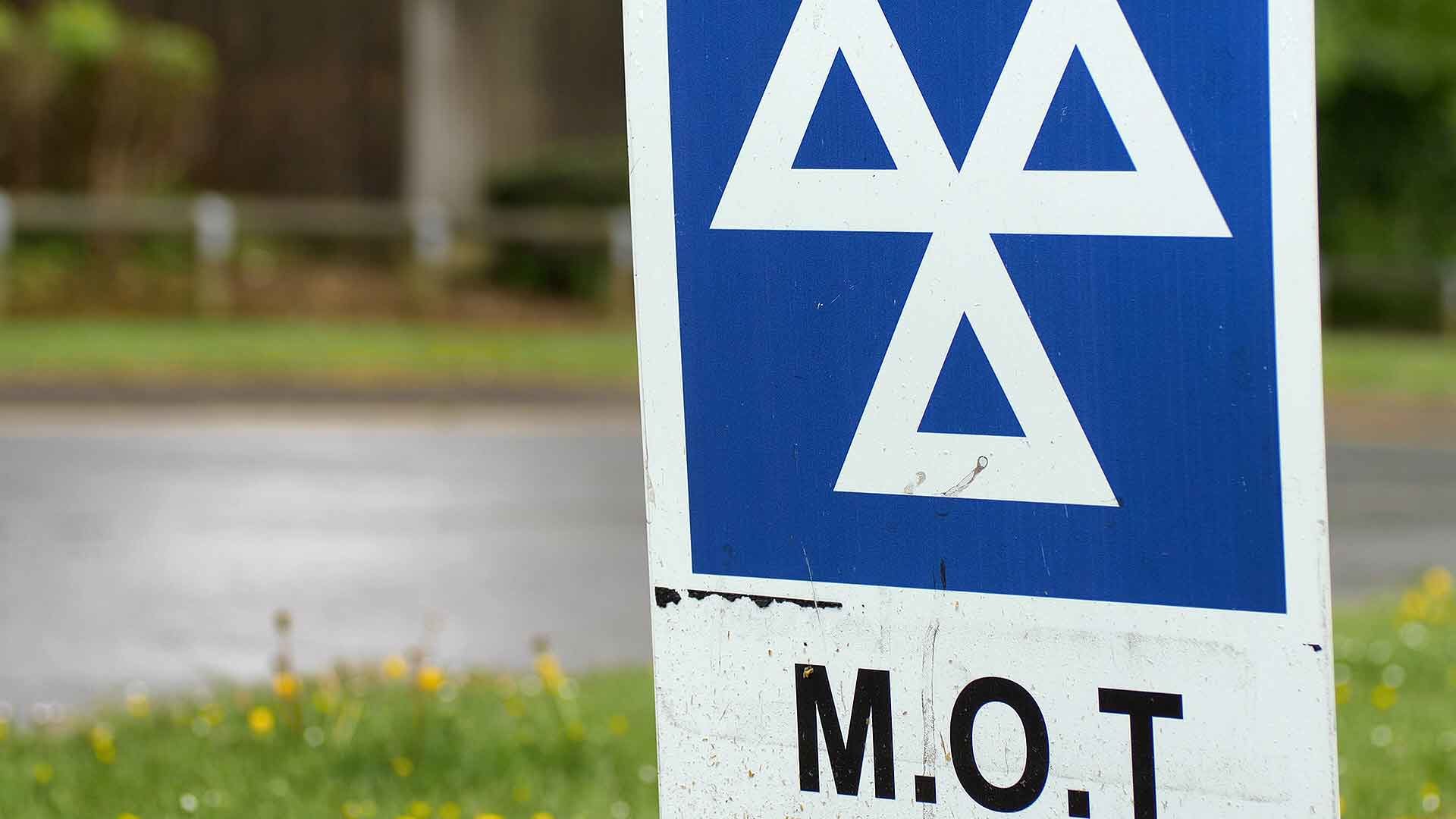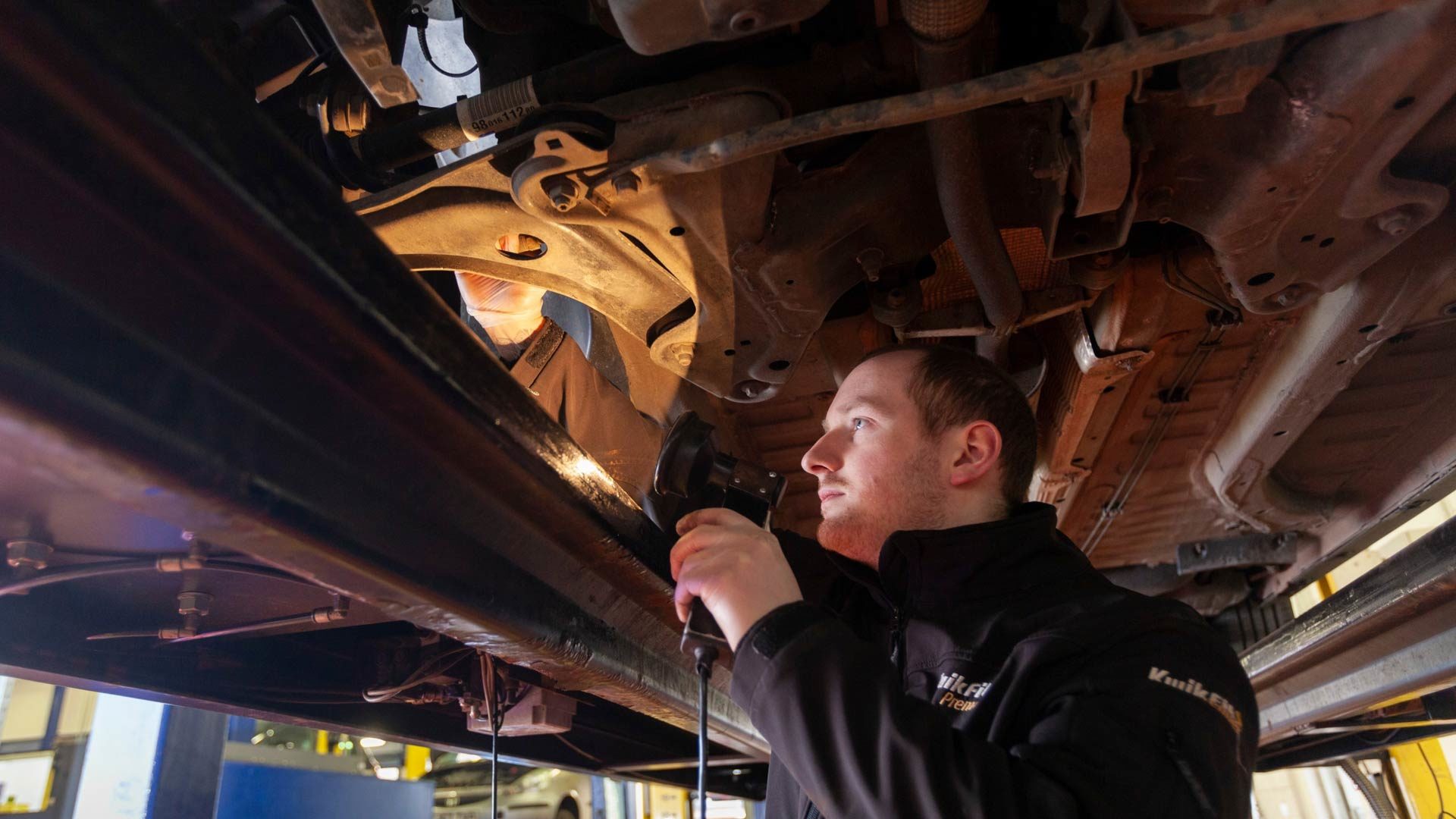
Criticism of the UK Government’s idea to increase the interval between MOT tests to every two years has intensified.
The potential change was suggested as a way to help motorists save money during the current cost-of-living crisis.
Around 40 percent of cars fail their MOT test at the first attempt. Industry experts believe allowing the two-year interval for MOTs will result in unsafe vehicles being driven on the road.
‘Simply irresponsible‘

Peter Golding, managing director of FleetCheck, notes that company cars and vans often cover 20-30,000 miles in a year. He says the annual MOT test acts as a “valuable backstop” to ensure vehicles are being maintained to correct standards.
He added: “In my previous life, I owned and managed commercial garage workshops and it is no exaggeration to say that I have seen hundreds of unsafe vehicles kept off the road by the annual MOT test.
“A lot of degradation of a vehicle can and does happen in a year between MOTs, and the idea that it is safe to double this time to protect motorists from rising costs is a falsehood that can only compromise road safety.”
Due to the shortage of new vehicles, fleet operators have taken to keeping existing cars and vans for longer.
However, with such increased use, Golding believes: “The MOT test plays an essential role in ensuring that vehicles such as these remain in a roadworthy condition and, in our opinion, it is simply irresponsible to consider a switch to two years.”
‘Don’t undermine the safety net‘

Other automotive industry experts have already criticised the idea of moving to a biennial MOT testing schedule.
Mike Hawes, chief executive of the Society of Motor Manufacturers and Traders (SMMT), said: “The industry shares the widespread concern over rising prices and the squeeze on household incomes. Safety, however, must always come first and, whilst today’s vehicles are more reliable than ever, regular MOTs ensure safety-critical components such as brakes and tyres, which wear out as a result of normal operation, are properly inspected and maintained.
“Stretching MOT intervals will undermine the safety net at a time when vehicle miles driven are increasing. To ensure the safety of our roads, drivers, passengers, pedestrians and other road users, inspections and maintenance must be carried out annually following their first presentation in year three.”
ALSO READ:
Lotus to open flagship London showroom opposite the Ritz hotel
Opinion: Carmakers are ready for 2030, but EV infrastructure must catch up